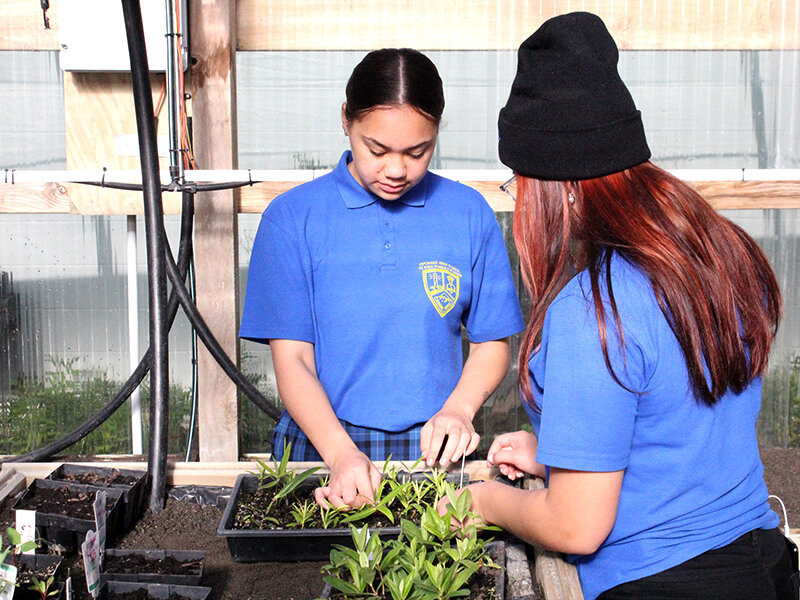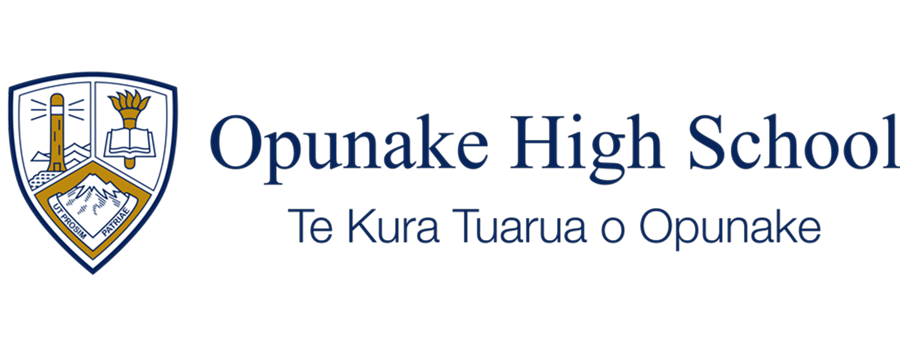At the core of Science is its ability to help us understand the rapidly changing world we live in and prepare us for the future. We want students to develop the skills with hands on activities and experiments to understand that process.
Science
Junior Science Year 9 & 10
Years 9 and 10 have been combined and a new Junior curriculum introduced where students select which courses they would enjoy and benefit. Courses involves the study of biology, chemistry and physics. Subjects include CSI, Fantastic beasts, Human body, Shake rattle and roll, Fizz whiz and bang, Global warming, Solar car, What’s the buzz, Science Fair and many more.
We believe the courses should be exciting and interesting while at the same time developing the skills in communication and content so that students can truly excel. And most importantly students will be given the opportunity to prepare for NCEA level 1 Physics, Chemistry and Biology in the last trimester.
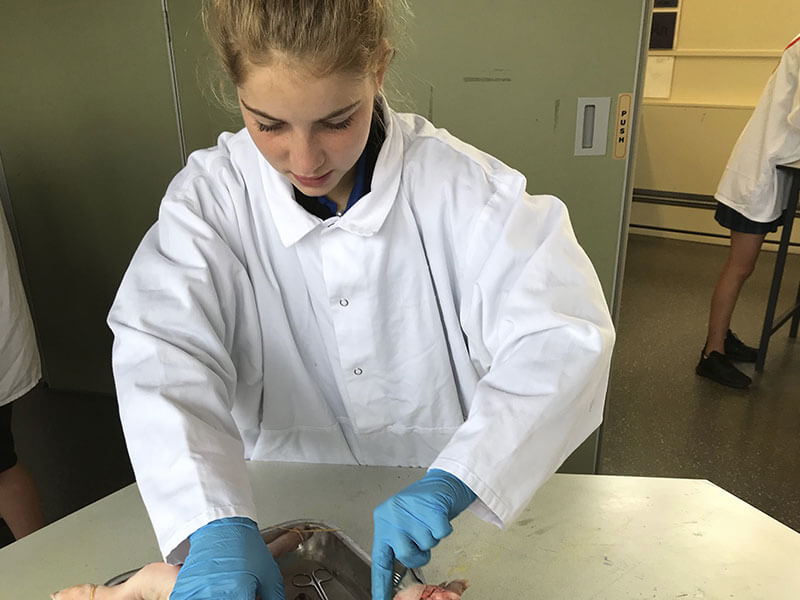
Chemistry
Chemistry provides students with an understanding of the material universe and our understanding of how substances interact with each other and how people can make use of them.
Many students choose to study chemistry in conjunction with other science subjects if they intend to go on to tertiary level science or professions where it is applied.
Chemistry has developed from people investigating the materials that make up our world, their composition, and the changes they undergo. These investigations have led to an ever-increasing and evolving understanding of the properties and behaviour of materials.
Learning in chemistry involves students investigating chemical phenomena and reactions and developing concepts, principles, strategies and models in explaining those phenomena and reactions. As students develop scientific knowledge and skills, they are given an opportunity to become aware of their own intellectual and vocational potential and to develop further their Key Competencies of Thinking, Using Language, Symbols and Text, Managing Self, Relating to Others and Participating and Contributing
Chemistry leads on to many diverse occupations, from hairdressing, chef, photographer, food technologist, chemical engineer, and nurse through to a forensic scientist, winemaker, laboratory technician and manager, volcanologist, psychiatrist, physiotherapist, scientist, health and food technology, environmental science, doctor, pharmacist and many more.
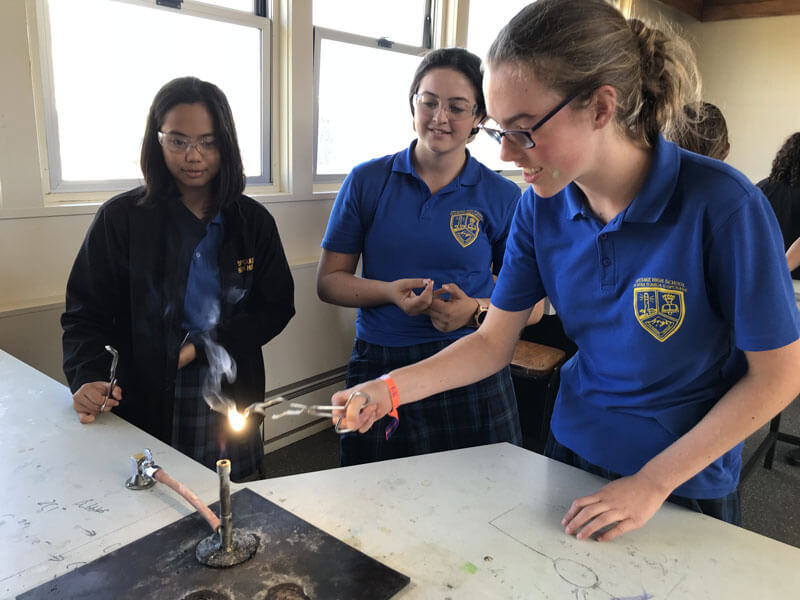
Biology
Year 12 Biology aims to give students a sense of the diversity of the living world and the environment in which they live with emphasis on New Zealand examples. A field trip to Rotakare, enables students to get hands on experience of patterns in the community whilst laboratory based practicals form an important part of the cell biology component of the course.
Year 13 Biology extends the students’ understanding of genetics and evolution, investigates the various ways living organisms respond to their environment, begins to get an understanding of the biological and cultural evolution that the human species has undergone and explores new developments in biotechnology arena.
Biology is a dynamic subject which encompasses not only the living world around every one of us but has links to almost every other discipline. With the many advancements in biotechnology, and medicine as well as environmental and conservation concerns, Biology as a subject, can serve as a focus in highlighting the important role humans play in our changing world.
Biology opens the door to a diverse array of careers and occupations including archaeology, bacteriology, dermatology, entomology, gynaecology, herpetology, ichthyology, microbiology, oenology, pharmacology, radiology, taxi-dermatology, x-ray crystallography, agriculture, fitness training, food technology, dentistry, criminology and of course zoology.
With this plethora of areas students can move into, Biology is an important subject to study.
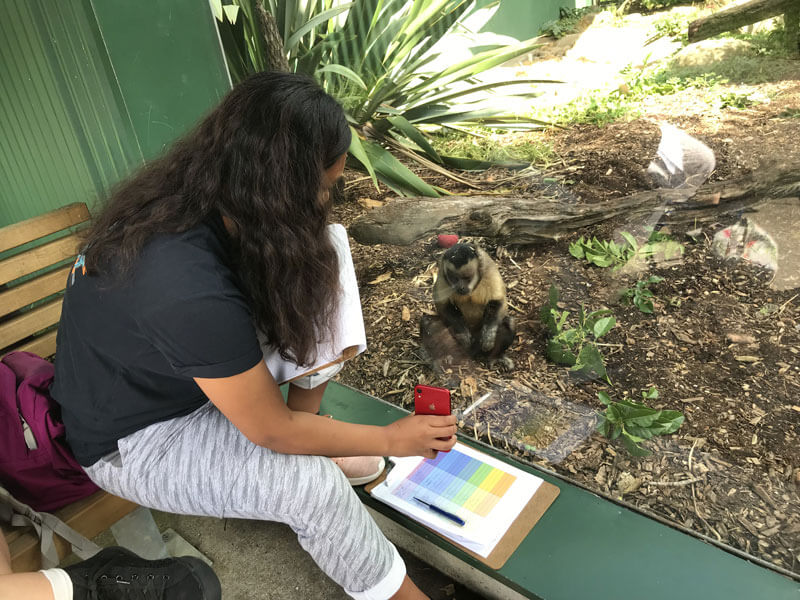
Physics
It provides students with knowledge of the fundamental concepts of light, waves, motion, electricity, magnetism and nuclear physics, as well as an understanding of how these physical concepts apply to our everyday lives.
The varied interests and abilities of Physics students are catered for in the range of contexts used and activities offered. The courses at all levels emphasise practical work and hands-on demonstrations.
Physics uses mathematics as an important tool, and it is also linked directly to many aspects of chemistry, biology, earth sciences and astronomy. Physics is often chosen as a subject to support various study pathways at tertiary level, but it is also chosen by many students simply because it is interesting!
Where can Physics take you? You choose! The skills used in Physics to solve problems and communicate ideas effectively are sought after by any employer. Physics is directly applicable to a wide range in careers: from the lofty heights of atmospherics and astrophysics to the more down-to-earth engineering and geology fields; from analytical uses in aviation, electronics and medicine to creative applications such as photography, sound engineering, lighting and architecture.
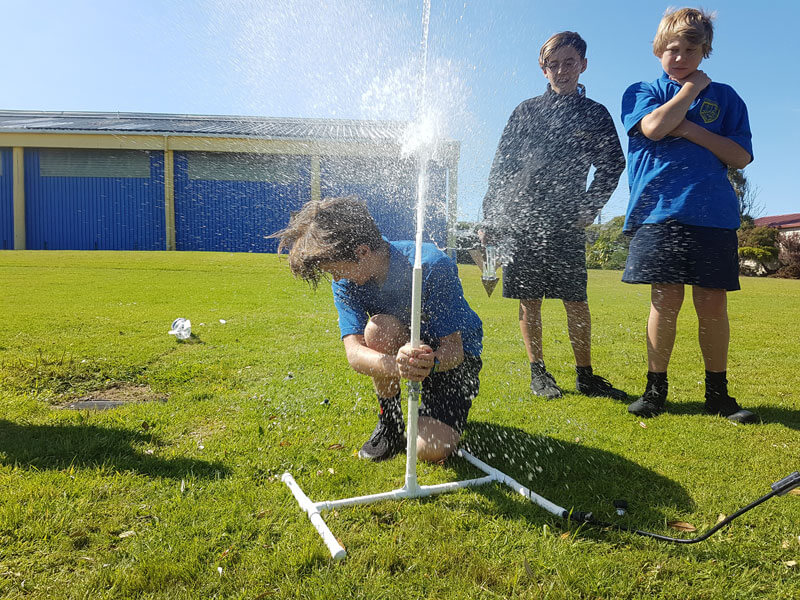
Agriculture
Year 11 Agriculture is a practical based course aimed at equipping students with knowledge and hands on skills to work in horticulture. They will learn skills around servicing 2 and 4 stroke engines, tools, riding a motorcycle and laws appropriate to their use. Workplace safety is also covered around legislation and personal wellbeing. Only unit standards are offered.
Year 12 Agriculture is focused on skills around fencing, tying of termination knots, tool/equipment identification and use. Safe use of quadbikes using active riding and understanding laws pertaining is covered. How weather impacts farm activities and beginning to learn how to read weather maps is covered. Only unit standards are offered.
Year 13 Agriculture is more theory based and prepares students for possible farming prospects. Only unit standards are offered.
